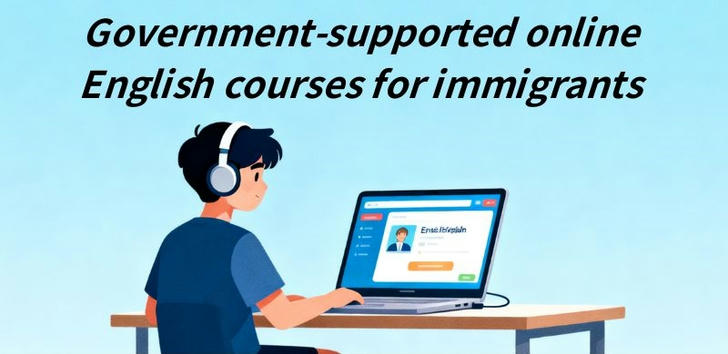Government-Supported Online English Classes in Canada
Improving English proficiency is an essential step for many newcomers and residents in Canada. The Canadian government supports several online and in-person English learning programs designed to improve communication, employment readiness, and integration opportunities.

National Government Programs
The Language Instruction for Newcomers to Canada (LINC) program, funded by Immigration, Refugees and Citizenship Canada (IRCC), provides structured English classes both online and in classrooms. These programs help learners build practical language skills for daily life, education, and the workplace. In addition, community colleges and local institutions offer English as a Second Language (ESL) courses that align with national settlement and workforce development goals.
Learning Options by Age Group
| Age Group | Program Type | Learning Focus | Additional Support |
|---|---|---|---|
| 18–35 years old | Blended online LINC or ESL programs | Academic and workplace English; communication for early-career professionals | Certification recognized by employers; online job-readiness tools |
| 36–55 years old | Part-time or evening online courses via colleges and settlement agencies | Professional English; writing and speaking for employment | Career guidance and government-funded digital learning support |
| 56 years and above | Simplified online conversation programs | Everyday English, healthcare communication, and community integration | Technical support for older learners; partnerships with senior education centers |
Regional Program Highlights
Ontario: The Language Training for Adult Immigrants (LTAI) initiative, funded by the Ontario Ministry of Labour, Immigration, Training and Skills Development, provides flexible online learning options through school boards and community agencies.
British Columbia: Through English Language Services for Adults (ELSA) and BC Settlement and Integration Services, residents can join online programs that follow the LINC framework, focusing on daily communication and settlement needs.
Quebec: The Francisation et Intégration program supports immigrants in both French and English learning, helping them adapt to bilingual workplaces and community environments.
How to Apply
Enrollment can be completed online through local immigrant-serving organizations or directly via the IRCC website. Applicants typically need to submit:
Proof of immigration or residency status
A placement test result (for language level assessment)
Contact and location information
Orientation sessions are offered before course placement to ensure learners join suitable levels.
Important Reminder
Government-supported English language programs and related digital learning funds are subject to annual budgets and limited availability. Enrollment periods may close once capacity is reached, so early registration is encouraged to secure placement before funding expires.
Additional Learning Support
Several provinces, including Ontario and Alberta, also provide continuing education and micro-credential programs in communication and workplace English. Some include low-interest financing options or tuition subsidies for career-based language improvement.
